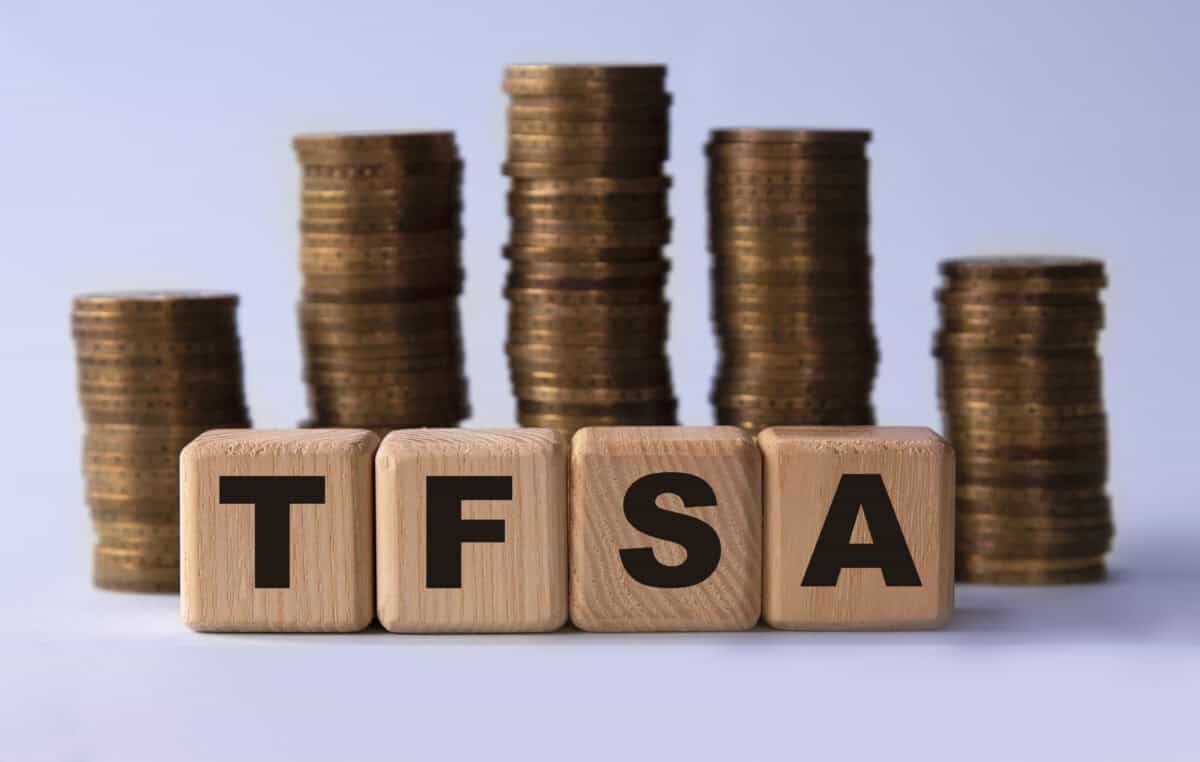The Tax-Free Savings Account (TFSA) has become a popular savings vehicle for many Canadians since its introduction in 2009. However, while the average balances in these accounts have shown promising growth, many Canadians are still not using TFSAs to their full advantage.
Let’s delve into the current state of TFSAs, including average balances, projected growth, what these balances include, and why many Canadians might be missing out on their full potential.
A growing trend
As of 2023, the average TFSA balance for Canadians was approximately $41,510, reflecting a 9% increase from the previous year. This upward trend is significant when we look back even further.
Back in 2013, the average stood at around $10,000. This increased to $17,382 by 2016, hitting $27,053 by 2019. Based on this growth pattern, it’s projected that the average TFSA balance in 2024 could reach approximately $45,245. This projection assumes the continuation of a similar growth rate, indicating a steady appreciation of these accounts as more Canadians contribute and invest their savings wisely.
Granted, not all of this is just putting cash into a TFSA. The average balance in a TFSA comprises the total fair market value of all assets held within the account. These would include cash, investments, interest, dividends, capital gains and other eligible assets. And yet, even with all this considered, Canadians really aren’t taking full advantage of their TFSAs.
Underused
Despite the benefits, many Canadians are not using TFSAs to their full potential. There are several reasons for this. A significant portion of Canadians are not fully aware of the rules and benefits associated with TFSAs. These would include contribution limits and tax penalties.
Furthermore, many TFSA holders prefer using these accounts as high-interest savings accounts rather than investing in higher-yield assets like stocks and bonds. This conservative approach limits the growth potential of their TFSAs.
Rising living costs and higher interest rates have impacted TFSA contributions. Some Canadians have had to prioritize immediate financial needs over long-term savings, leading to lower contribution rates and balances. All of this has contributed to Canadians simply not getting even close to maximizing their accounts.
Invest differently
I’m not here to say you can create money out of nothing. Certainly, budgeting should be part of your investment tool kit. But I can tell you there is a safe way to invest in your TFSA to gain more returns, which won’t be as conservative and see more growth.
This comes from investing in exchange-traded funds (ETF) offering more diversification. One to consider is Vanguard FTSE All-World ex Canada Index ETF (TSX:VXC). VXC provides broad global diversification by investing in a wide range of stocks from developed and emerging markets, excluding Canada. This diversification reduces the risk associated with investing in a single market or region, thus offering more stable long-term growth. The ETF holds over 11,000 stocks across various sectors and countries, ensuring that investors are not overly exposed to the economic conditions of any one market.
One of the key advantages of VXC is its low management expense ratio (MER), which is currently around 0.25%. This low fee structure means more of the investment’s returns are retained by the investor rather than being eroded by high management costs. Additionally, VXC’s focus on large and mid-cap companies in both developed and emerging markets provides exposure to established, financially stable companies as well as high-growth potential companies. This blend can help to optimize returns while managing risk.
Finally, using VXC in a TFSA is particularly advantageous because any dividends, capital gains, or interest earned within the account are completely tax-free. This means that the growth from VXC’s diversified global portfolio can compound over time without the drag of taxes. For long-term investors, this tax-free compounding can significantly enhance the overall returns of their investment portfolio. As a result, VXC within a TFSA is a powerful combination for investors looking to build wealth over the long term, leveraging global diversification and tax-free growth.
All in all, you can see your TFSA contribution rise significantly using an ETF like VXC, especially with its 1.55% dividend yield and shares up 17.22% year to date.








